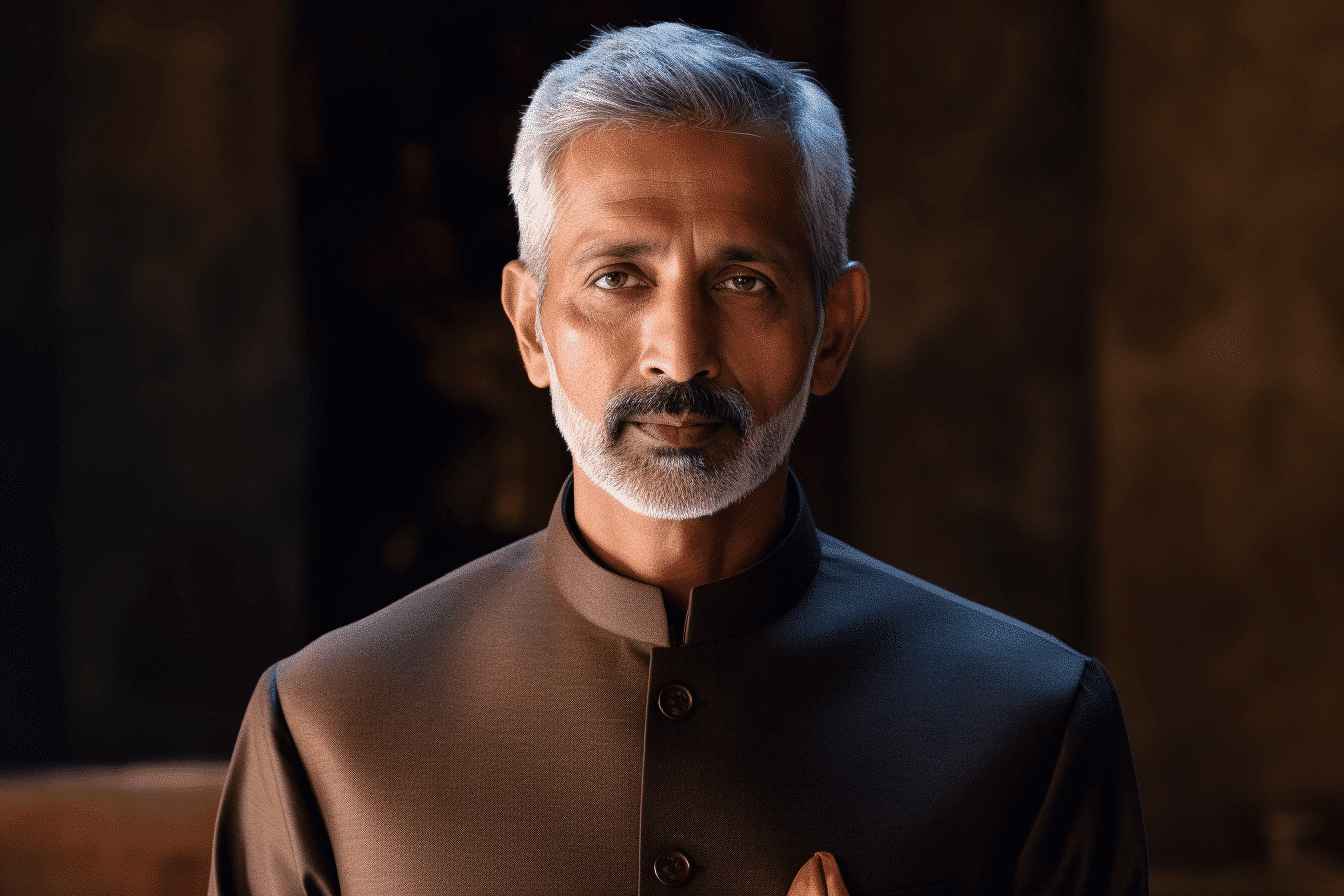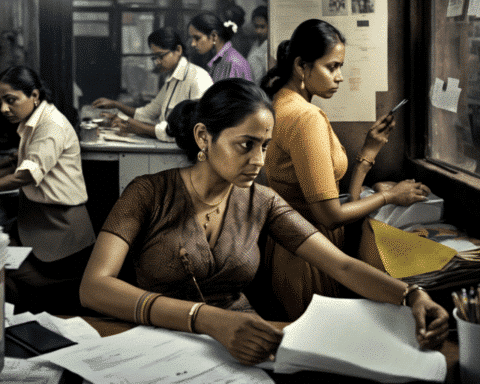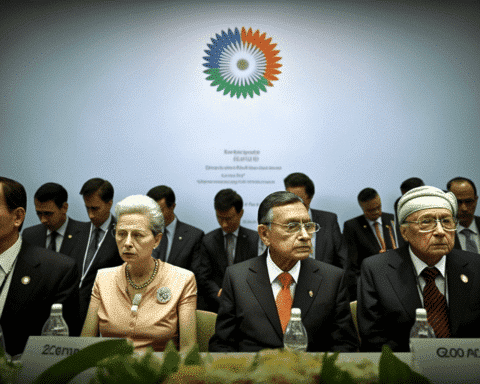At the U.N. General Assembly on Tuesday, representatives from India and Canada refrained from openly discussing their recent disagreement concerning the assassination of a Sikh separatist leader. However, their remarks subtly highlighted crucial perspectives on the matter.
India’s Foreign Minister, Subrahmanyam Jaishankar, emphasized that the global community should not let political agendas dictate responses to “terrorism, extremism, and violence.” In contrast, Canadian U.N. Ambassador Robert Rae remarked, “State-to-state relations shouldn’t be compromised for short-term political gains.”
The tension between the nations heightened when Canadian Prime Minister Justin Trudeau hinted at a potential Indian role in the killing of Canadian citizen Hardeep Singh Nijjar in Vancouver. Nijjar, who unidentified assailants murdered, had been an influential figure in the diminishing movement for Khalistan, an independent Sikh nation. India had labelled him a terrorist.
Responding to Canada’s insinuations, India’s foreign ministry described the claims as “baseless,” accusing Canada of sheltering “extremists and terrorists.” They also suggested Trudeau might appeal to the Sikh diaspora for local political gains.
India has long criticized Canada for allegedly supporting Sikh separatist sentiments. Even though active insurgencies have diminished, India remains cautious of a resurgence and urges countries like Canada to remain vigilant.
The allegations led to heightened tensions, with India halting visas for Canadians, mutual expulsions of diplomats, and Canada considering downsizing its consulate staff due to safety worries.
However, both nations are balancing their differences against larger geopolitical considerations. With Western nations aiming to bolster ties with India as a counterbalance to China, both sides seem reluctant to escalate the disagreement on the international stage.
In their UN addresses, both diplomats made indirect references. Jaishankar’s emphasis on “terrorism” aligns with India’s previous statements about Canada and its consistent stance on Pakistan’s alleged involvement in Kashmir. Conversely, Rae’s emphasis on the “international rules-based order” seemed to echo Trudeau’s previous statements without pinpointing any specific country.
Rae’s speech also discussed various global issues, including climate change, immigration, gender equality, and global conflicts. He emphasized the importance of truly understanding and accepting differences to embody the United Nations spirit.
Jaishankar, on the other hand, highlighted India’s rising global significance, representing the voice of developing nations and their challenges in the current world order. He clarified that India’s aspirations weren’t merely for power but to shoulder greater responsibilities on the world stage.
In the complex tapestry of international relations, the recent discord between India and Canada underscores the delicate balance nations must maintain between domestic imperatives and global alliances. As both countries navigate this contentious issue, their approach at the U.N. highlights a shared understanding of the broader stakes. As diplomatic channels continue to work behind the scenes, the hope remains for a resolution prioritizing collaboration over conflict, and mutual respect over misgivings.




